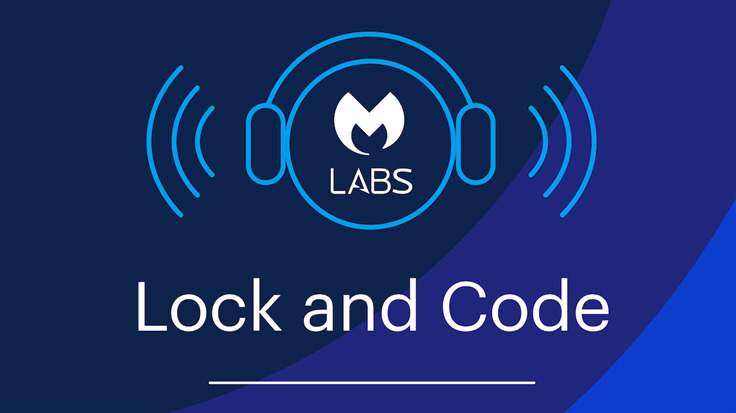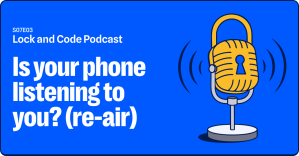The language of a data breach, no matter what company gets hit, is largely the same. There’s the stolen data—be it email addresses, credit card numbers, or even medical records. There are the users—unsuspecting, everyday people who, through no fault of their own, mistakenly put their trust into a company, platform, or service to keep their information safe. And there are, of course, the criminals. Some operate in groups. Some act alone. Some steal data as a means of extortion. Others steal it as a point of pride. All of them, it appears, take something that isn’t theirs.
But what happens if a cybercriminal takes something that may have already been stolen?
In late June, a mobile app that can, without consent, pry into text messages, monitor call logs, and track GPS location history, warned its users that its services had been hacked. Email addresses, telephone numbers, and the content of messages were swiped, but how they were originally collected requires scrutiny. That’s because the app itself, called LetMeSpy, is advertised as a parental and employer monitoring app, to be installed on the devices of other people that LetMeSpy users want to track.
Want to read your child’s text messages? LetMeSpy says it can help. Want to see where they are? LetMeSpy says it can do that, too. What about employers who are interested in the vague idea of “control and safety” of their business? Look no further than LetMeSpy, of course.
While LetMeSpy’s website tells users that “phone control without your knowledge and consent may be illegal in your country,” (it is in the US and many, many others) the app also claims that it can hide itself from view from the person being tracked. And that feature, in particular, is one of the more tell-tale signs of “stalkerware.”
Stalkerware is a term used by the cybersecurity industry to describe mobile apps, primarily on Android, that can access a device’s text messages, photos, videos, call records, and GPS locations without the device owner knowing about said surveillance. These types of apps can also automatically record every phone call made and received by a device, turn off a device’s WiFi, and take control of the device’s camera and microphone to snap photos or record audio—all without the victim knowing that their phone has been compromised.
Stalkerware poses a serious threat—particularly to survivors of domestic abuse—and Malwarebytes has defended users against these types of apps for years. But the hacking of an app with similar functionality raises questions.
Today, on the Lock and Code podcast with host David Ruiz, we speak with the hacktivist and security blogger maia arson crimew about the data that was revealed in LetMeSpy’s hack, the almost-clumsy efforts by developers to make and market these apps online, and whether this hack—and others in the past—are “good.”
“I’m the person on the podcast who can say ‘We should hack things,’ because I don’t work for Malwarebytes. But the thing is, I don’t think there really is any other way to get info in this industry.”
Tune in today.
You can also find us on Apple Podcasts, Spotify, and Google Podcasts, plus whatever preferred podcast platform you use.
Show notes and credits:
Intro Music: “Spellbound” by Kevin MacLeod (incompetech.com)
Licensed under Creative Commons: By Attribution 4.0 License
http://creativecommons.org/licenses/by/4.0/
Outro Music: “Good God” by Wowa (unminus.com)










